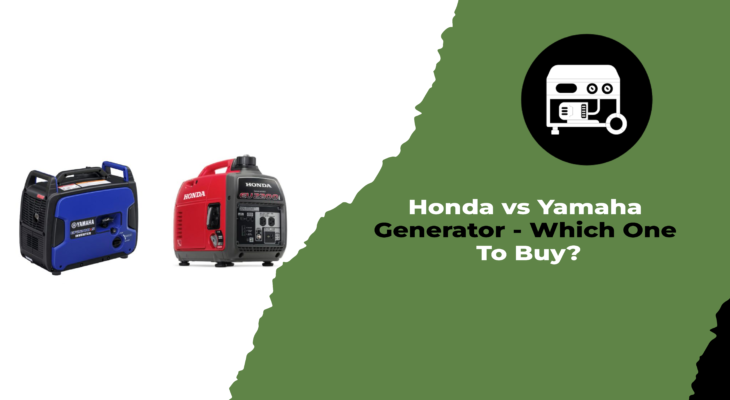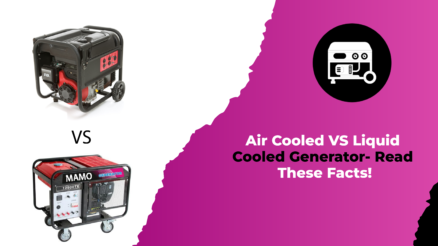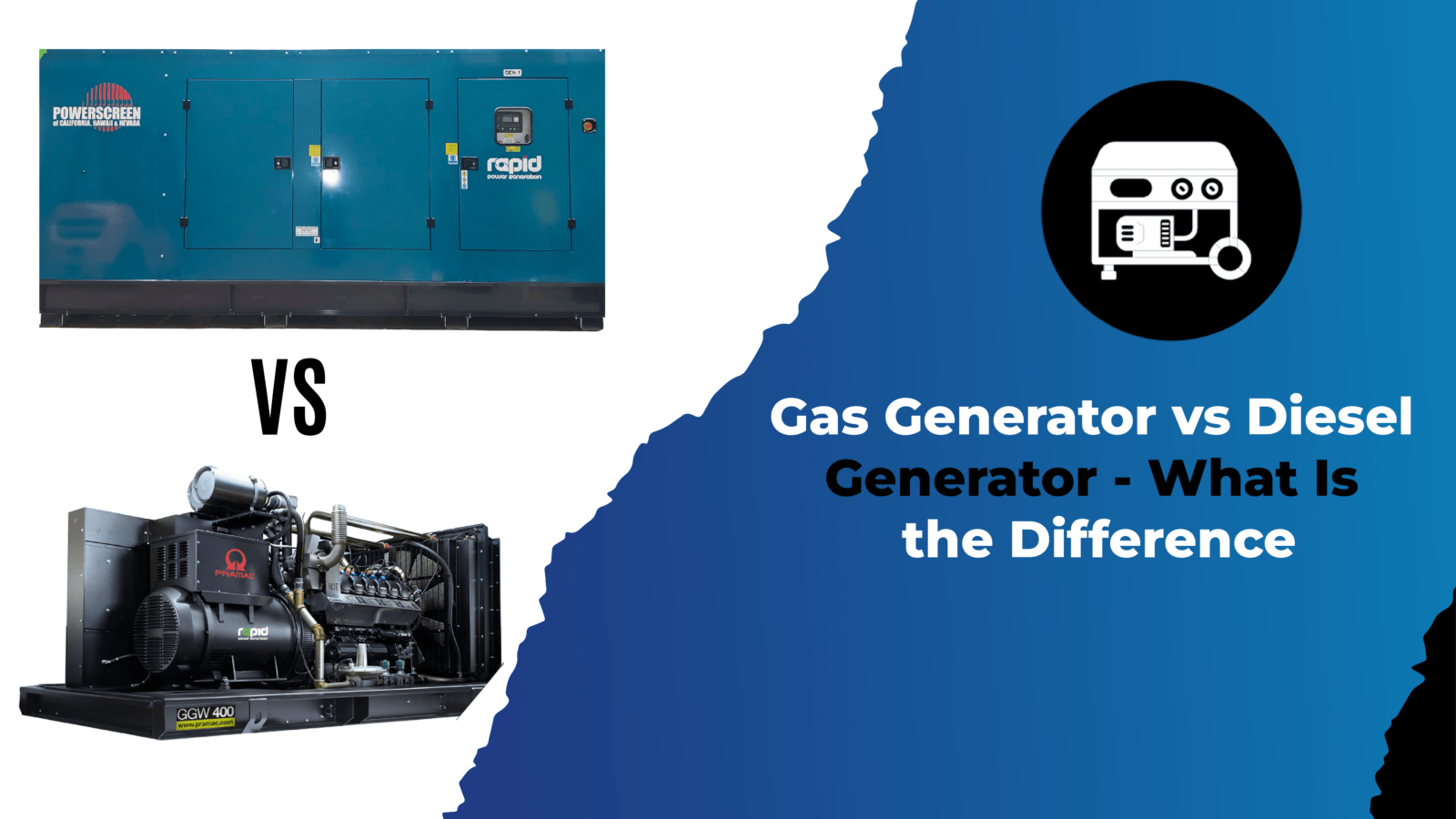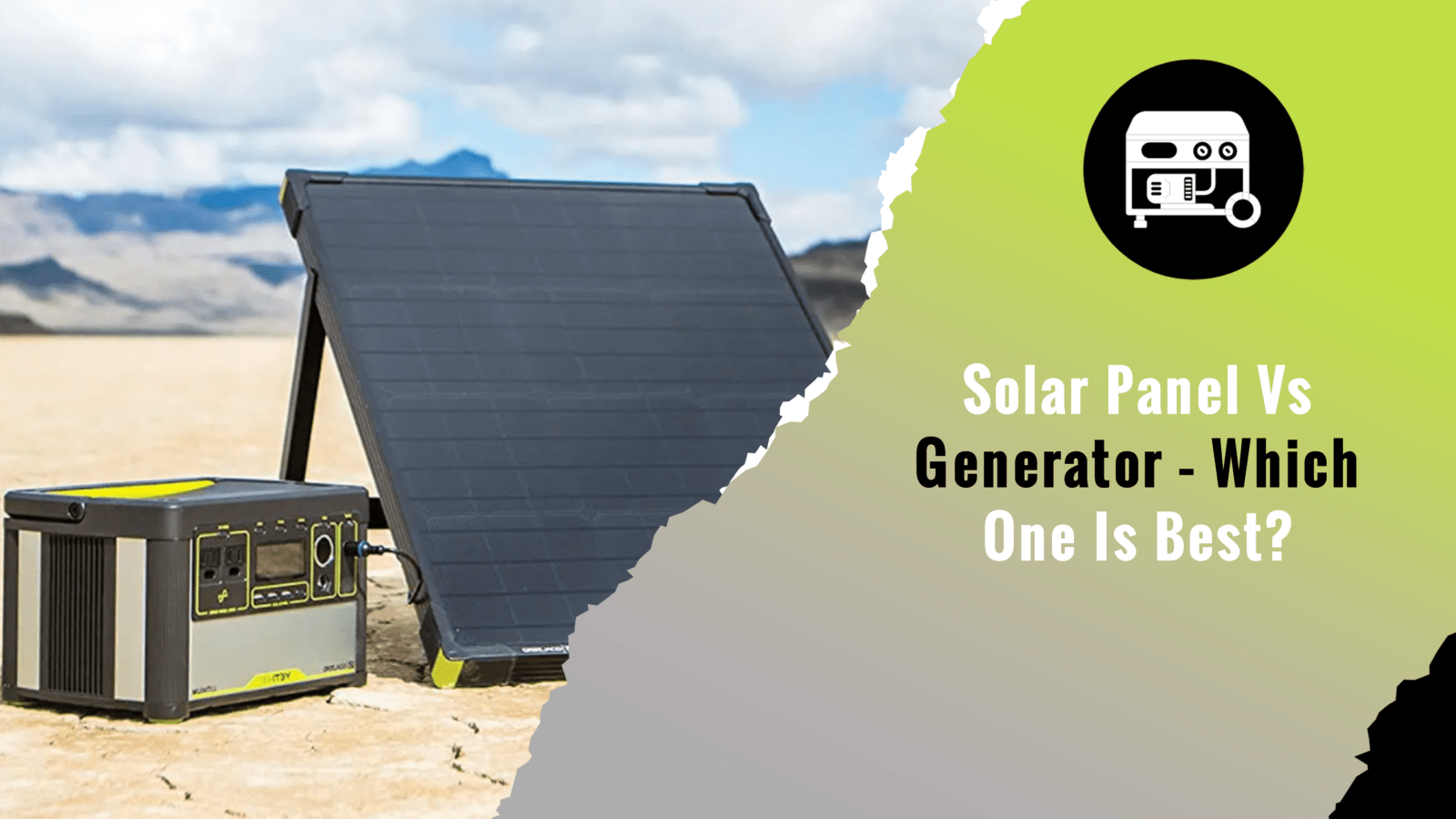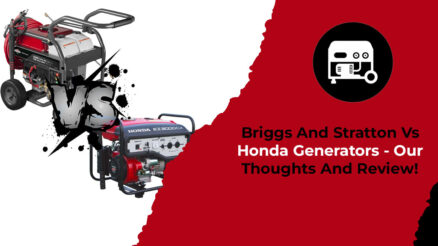Most people are familiar with the Honda and Yamaha brands. These brands have done wonders in the generator industry. We want to provide you with some specific things to consider about these brands with clear contrast and similarities. Both Honda and Yamaha portable generators are excellent choices, but ultimately what distinguishes these two manufacturers? Why are these companies distinctive? And the question you most likely have is: Which generator brand should you choose?
Honda Generator – Overview
First of all, we will take an overview of a well-known manufacturer on a global scale, Honda. It has developed a solid reputation for producing virtually any item with a gas engine. Honda engines are used in more than only gas-powered vehicles bearing the Honda name. It’s extremely possible that you will find a few Honda engines among the models offered by any of the top manufacturers of power equipment. Because Honda engines are more expensive to make because of their built-in quality and reliability, they are typically only found in high-end cars.
We’ve delved into the realm of motorsport to comprehend Honda engines properly. You could believe there is no connection between the engine that drives your generator and motor racing. But in reality, nothing could be more false.
Engines are tested to their limits in the very competitive world of motorsport. Experience gained by producers in this industry is what drives the market. The technology used in the consumer goods that we purchase is a result of the information that manufacturers gather in this industry.
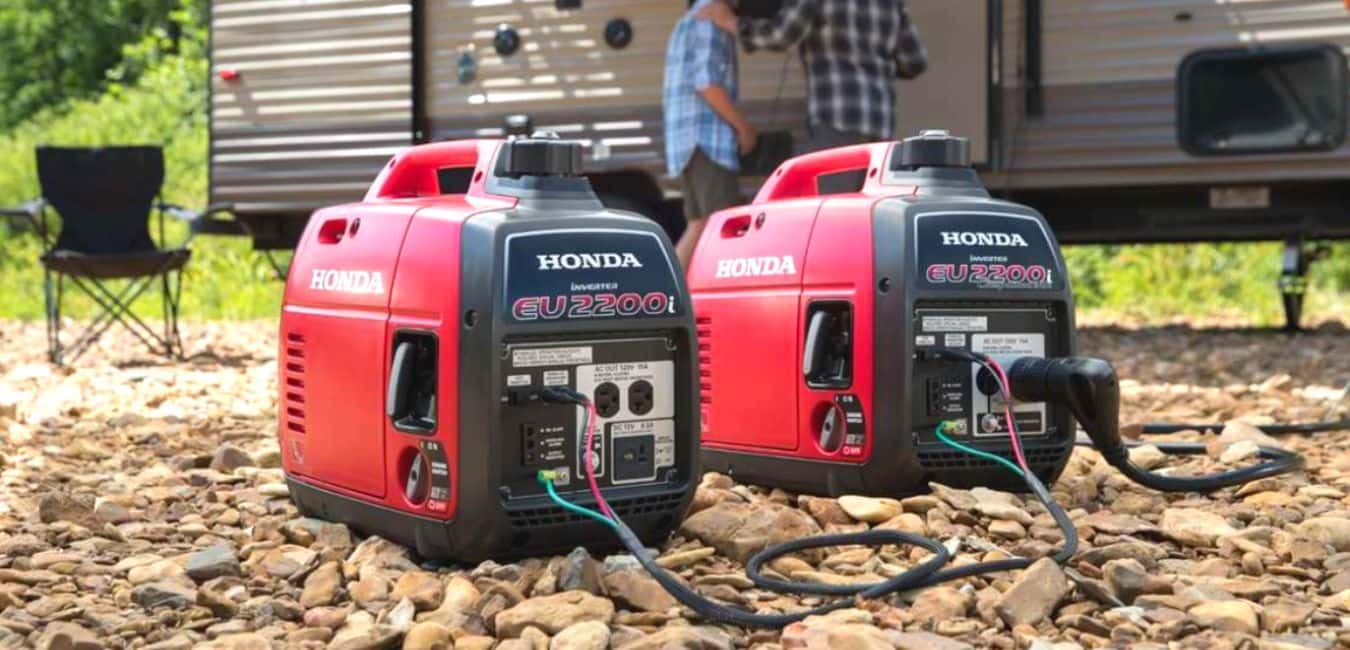
Honda has maintained this attitude of reliability and durability in their generators, even when we look past the engine and at the overall construction and design. A Honda generator uses more heavy-duty metal parts than most other generators.
The only issue with Honda generators, in my opinion, is that they are frequently rather hefty. This might be a problem in terms of portability, but it’s clear that sturdy build quality is a top focus. Personally, I don’t mind carrying a few additional pounds when the security of a robust, long-lasting generator is involved.
Honda doesn’t have the most experience when it comes to inverter generators, to be honest. For many years, engineers have been honing the electronic engineering that goes into engine design, but AC inverters are a very different animal. Despite this, Honda inverters seem to be as durable and dependable as every other component they produce. Honda inverters are certainly not deficient in this regard, while Yamaha may have the advantage.
Yamaha Generator – Overview
As close as it comes to Honda is Yamaha. Despite the fact that Yamaha produces pretty excellent engines, I don’t think they can compete with the Honda GX. Thus, Yamaha generators tend to consume more fuel as compared to Yamaha. The difference isn’t that significant, though. Fuel efficiency is excellent for Yamaha generators.
Yamaha engines have been demonstrated to be quite dependable. Nonetheless, Honda seems to have a tiny advantage in this situation as well. This could only be a reflection of my own experiences.
When it comes to the overall design of its generators, Yamaha has adopted a more contemporary strategy, prioritizing lightweight construction above traditional all-metal toughness. A Yamaha generator often uses a lot of weight-reducing materials, a little bit more plastic, and potentially smaller wheels. Given that plastic and other lightweight materials are the current vogues, this might not be a terrible thing. Polymers now are much more durable than they were twenty years ago.
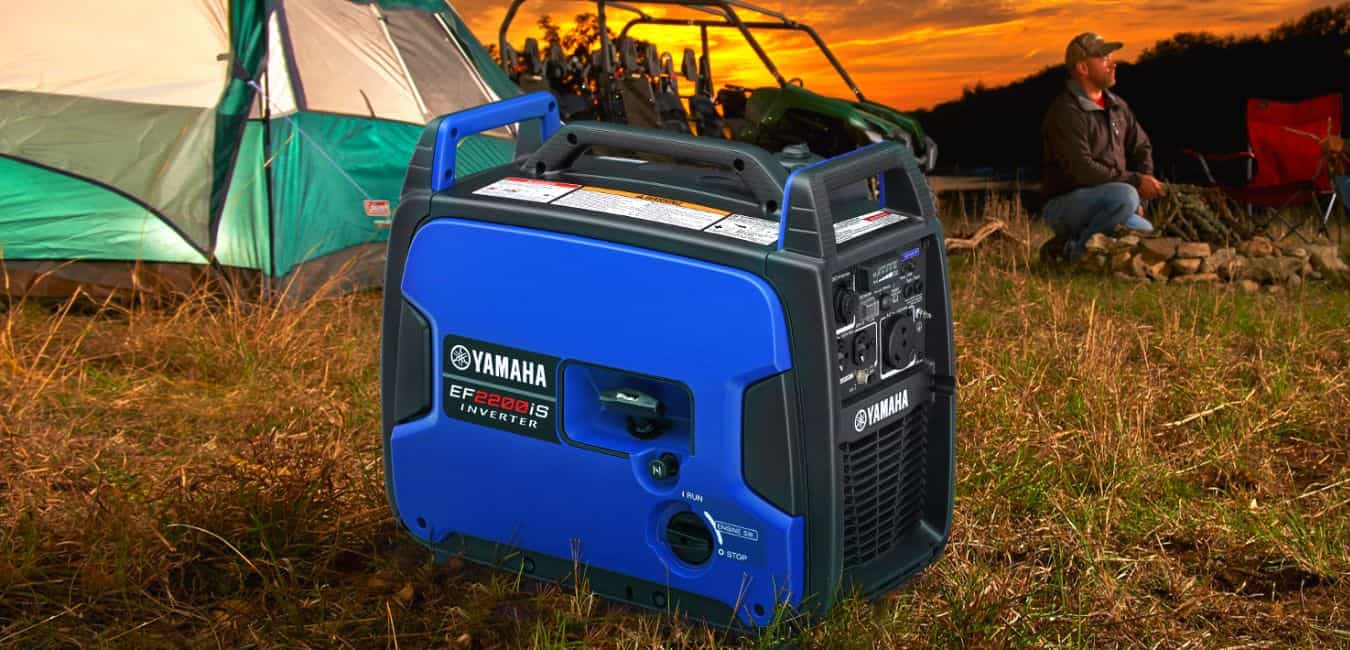
Yamaha keyboards stand out among them since so many musicians rely on them. The THD is rated to be less than 1% in Yamaha inverters. This is the accepted set for use in laboratories, hospitals, and airplanes.
There are the recommended settings for use with laboratory, medical, and aviation equipment where precise calibration depends on a pure sine wave. A flawless inverter is necessary for the electrical equipment utilized when people’s lives are on the line and 100% precision is required.
For your TV or computer at home, this might seem like overkill, but it demonstrates how sophisticated Yamaha inverter technology is. Yamaha outpaces all other generator manufacturers in terms of current electronics.
A Yamaha generator often has a little more plastic, potentially smaller wheels, and a lot of weight-reducing components. The present trend is to use plastic and other lightweight materials, so this might not be a terrible idea. Polymers can be quite durable today compared to 20 years ago. You may be confident that Yamaha will employ the best plastic parts available when it comes to those components.
As steel is king, I may have an outdated philosophy, but many more contemporary people won’t have a problem with this weight-saving idea. It does make it simpler to lift and transport the Yamaha generator.
Comparison between Honda EU2200i VS Yamaha EF2000iSv2
| Product Name | Honda EU2200i | Yamaha EF2000iSv2 |
| Dimensions | 20″L x 16″W x 11″H | 19.3 x 11.0 x 17.9 in |
| Wattage | 2000 watts | 2000 watts |
| Weight | 46.5 Pounds | 44.1 lb |
| Engine Type | 4-stroke OHV Engine | 4-stroke OHV Engine |
| Type | Inverter | Inverter |
| Voltage | 120 volts | 120 volts |
Honda vs Yamaha Generator – FAQs
Conclusion
You’ll probably infer that Honda is the superior generator when durable engineering was the mark of a quality product. I really believe that Honda has established the standard for robust, incredibly reliable power equipment.
But if I’m being honest, technology has taken over the globe in recent years, particularly when it comes to electronics. Yamaha constructs generators in a wholly contemporary manner. They build their inverters with cutting-edge, lightweight materials and the best electronic engineering available. This is the new generator’s
This generator represents a new generation, and Yamaha is no laughing matter in this situation. They may not be quite as durable as Honda generators, but they are unquestionably among the finest in terms of dependability.


